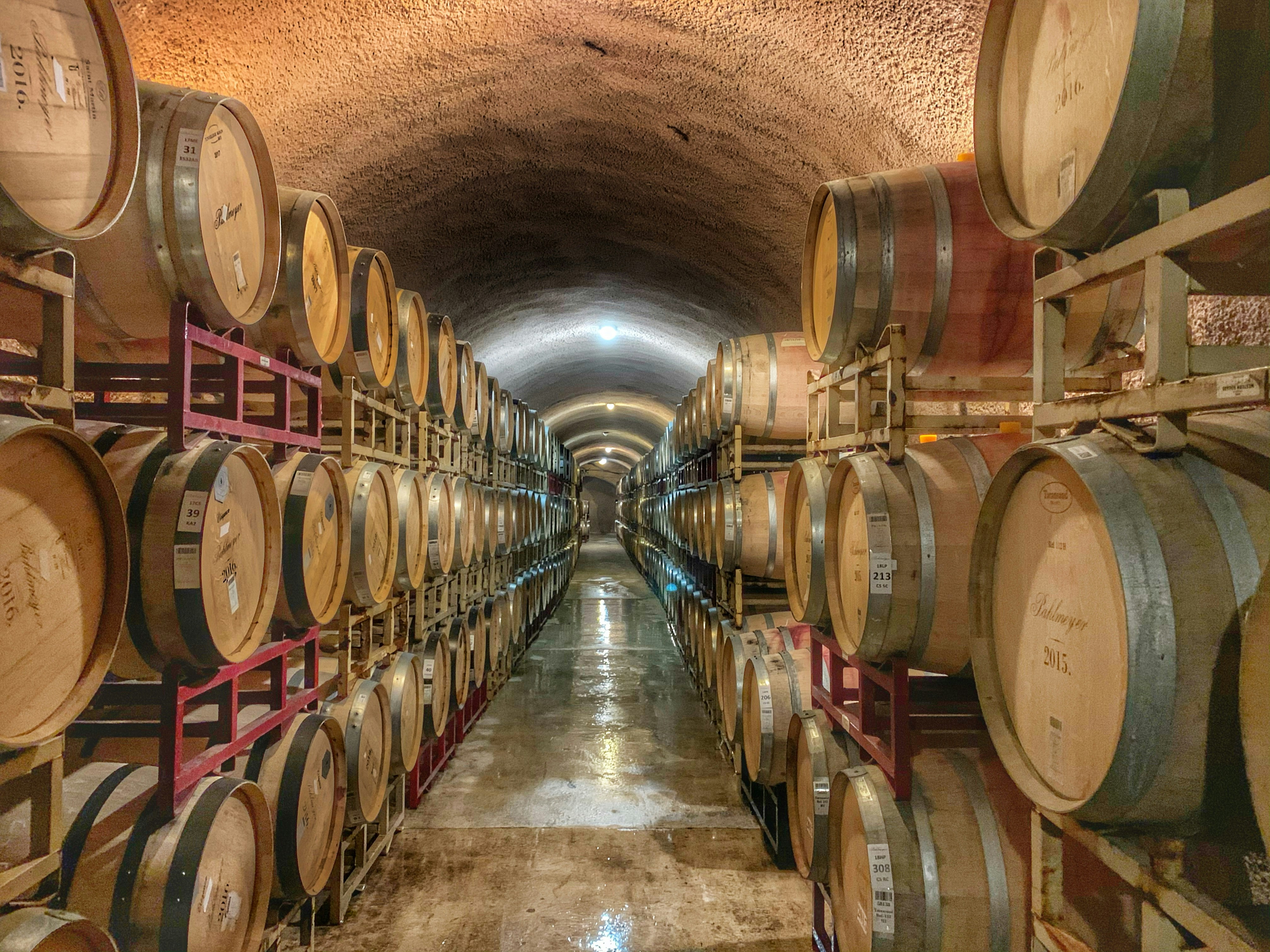Recalibrating Terroir: New Frameworks for Viticultural Identity

As historical growing parameters shift due to climate change, the defining characteristics of classic appellations face unprecedented evolutionary pressure. This analysis examines emerging viticultural approaches that attempt to balance traditional identity with necessary climate-responsive production methods.
The Terroir Paradox
Traditional conceptions of terroir assumed relatively stable climatic conditions over time, with soil composition and mesoclimate as the primary variables. Contemporary viticultural reality confronts a more complex paradigm: how to maintain regional identity when fundamental growing parameters are in flux.
Our research across Barolo, Napa Valley, and the Southern Rhône reveals three distinct philosophical approaches to this challenge, each with different implications for appellation identity and market positioning.
Adaptation Strategies
The conservative approach prioritizes maintaining traditional wine styles through increasingly interventionist methods—both in vineyard and winery. The progressive philosophy embraces evolution, allowing wine styles to shift while maintaining a focus on site expression. The experimental camp actively explores alternative varieties and production methods that might better express the evolving terroir.
These philosophical divisions are creating new fault lines within established regions, potentially reshaping market hierarchies and consumer perception of regional authenticity in the coming decade.